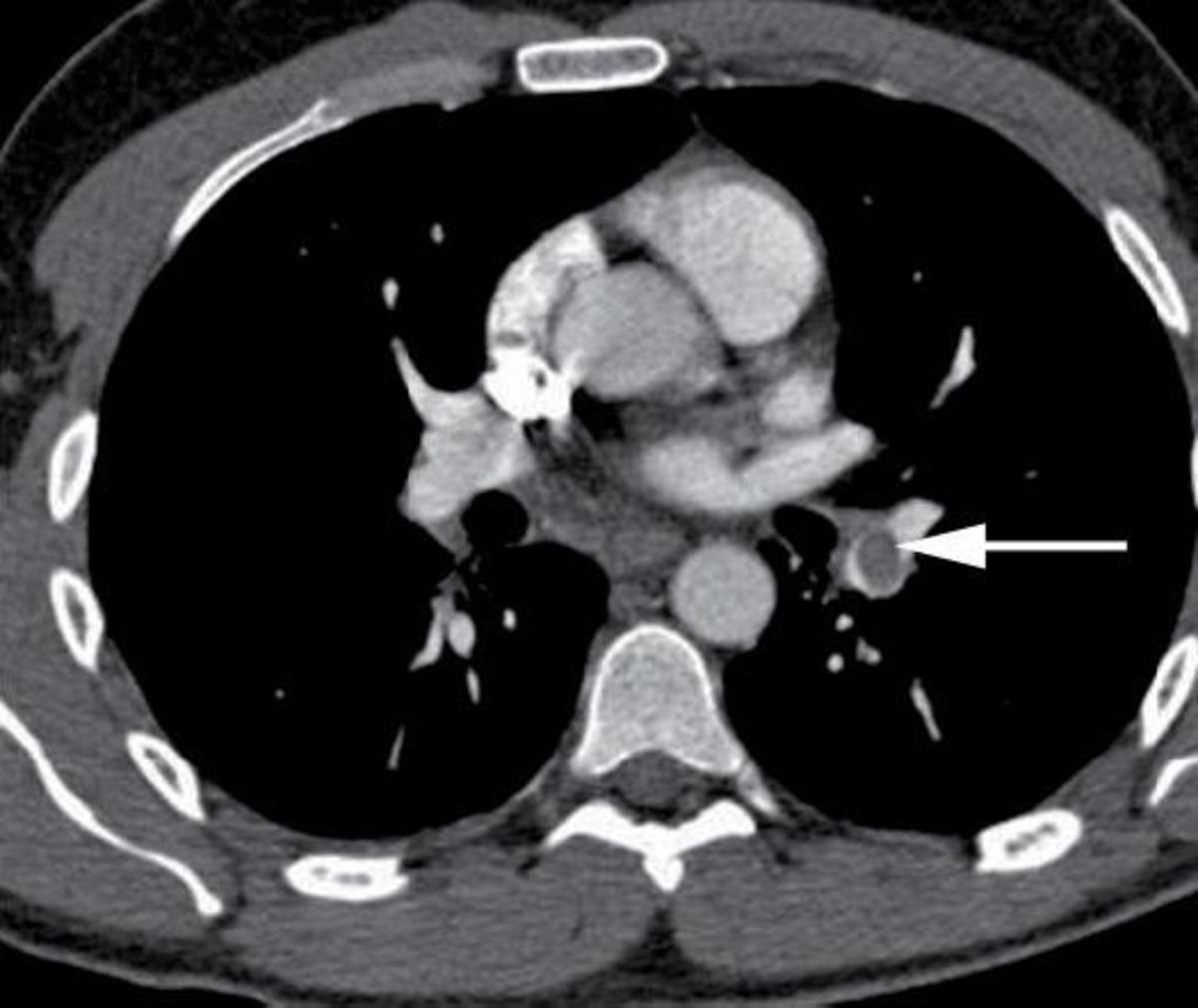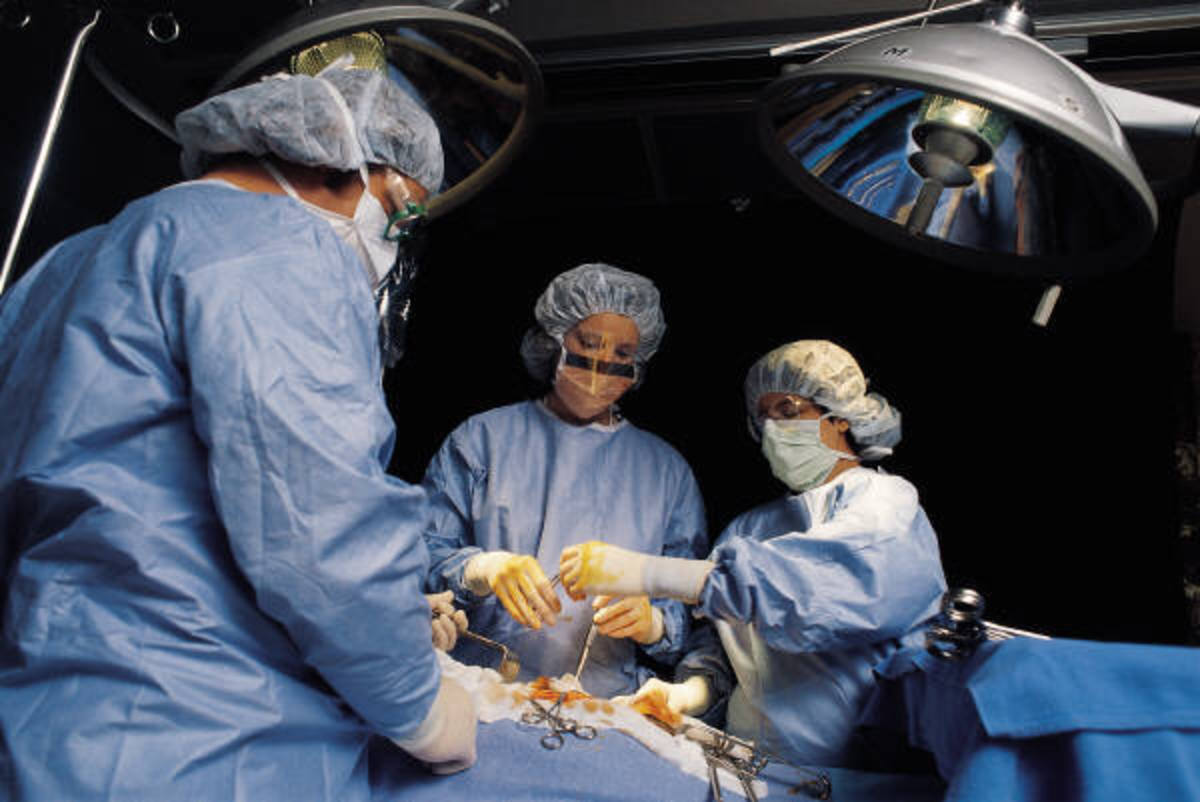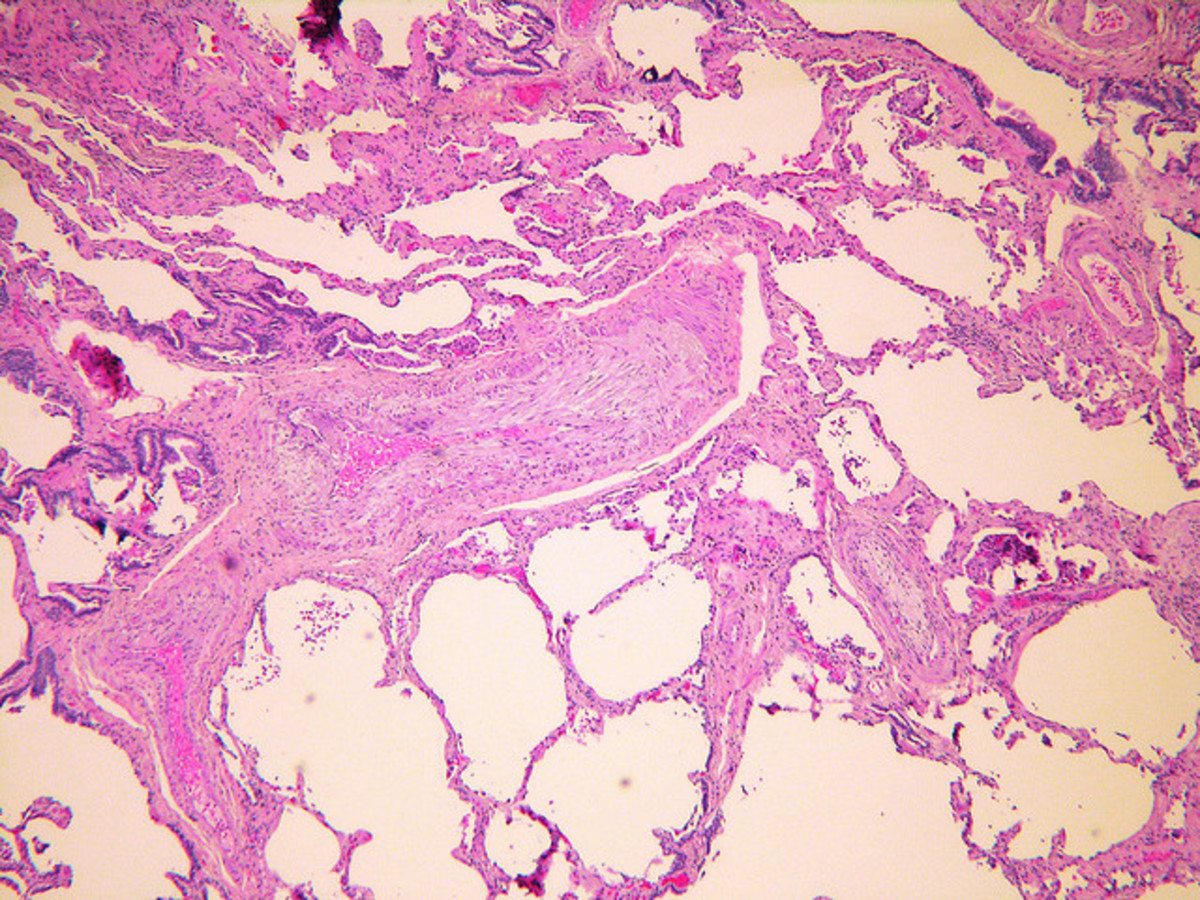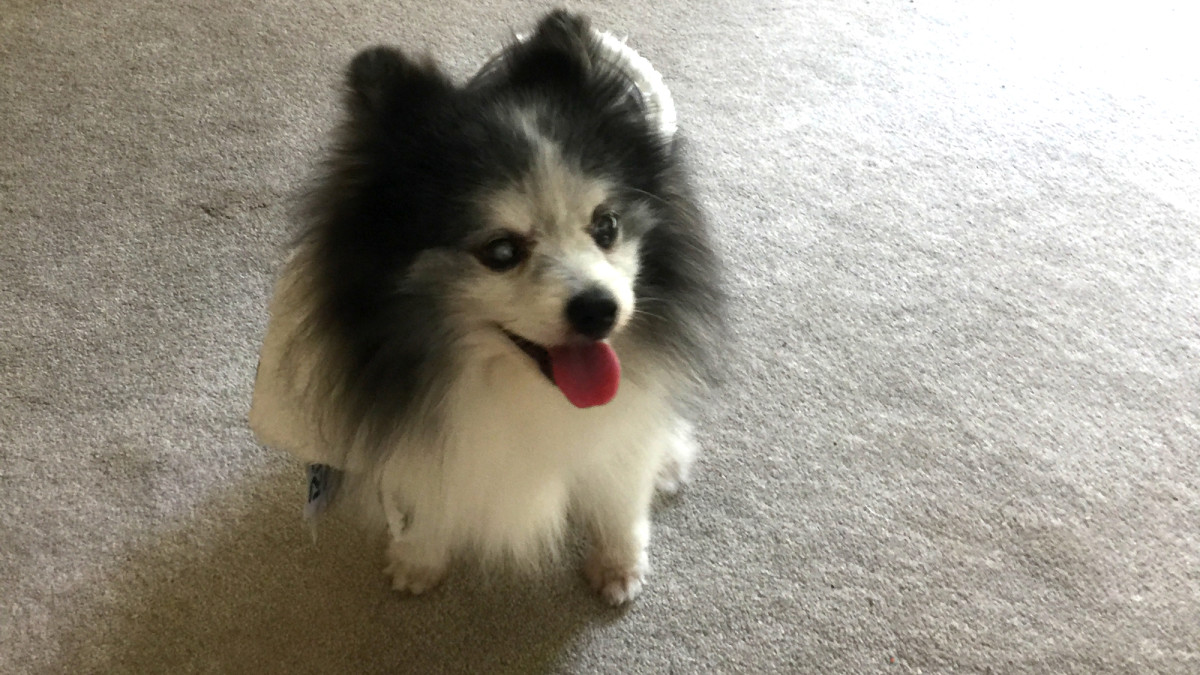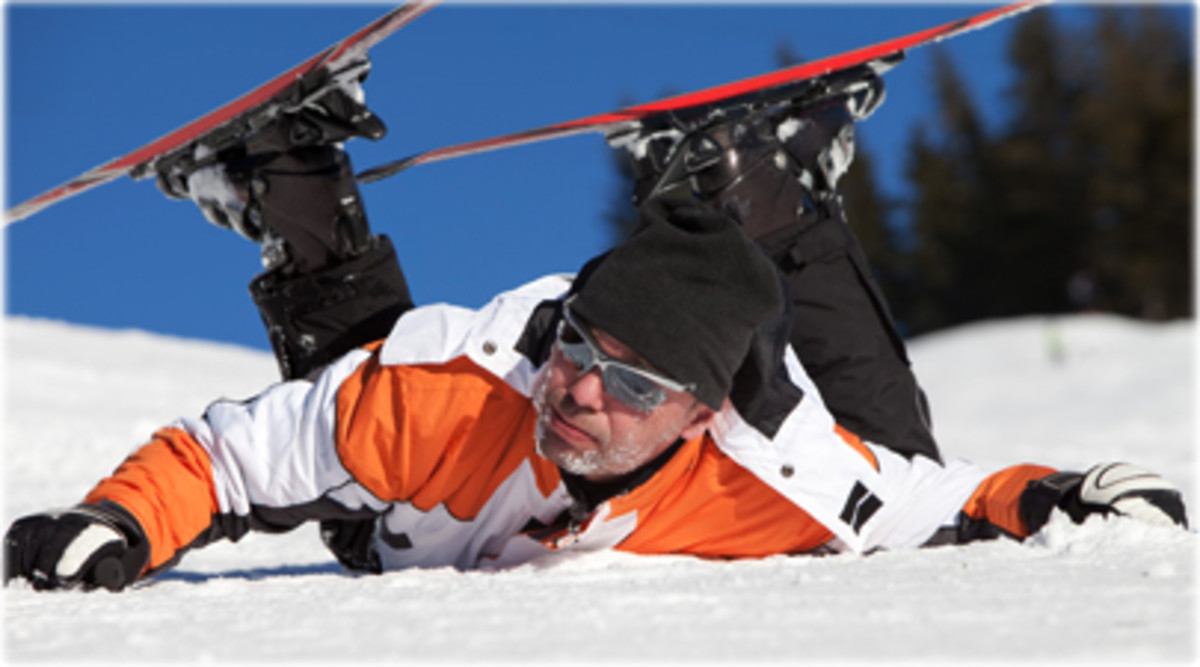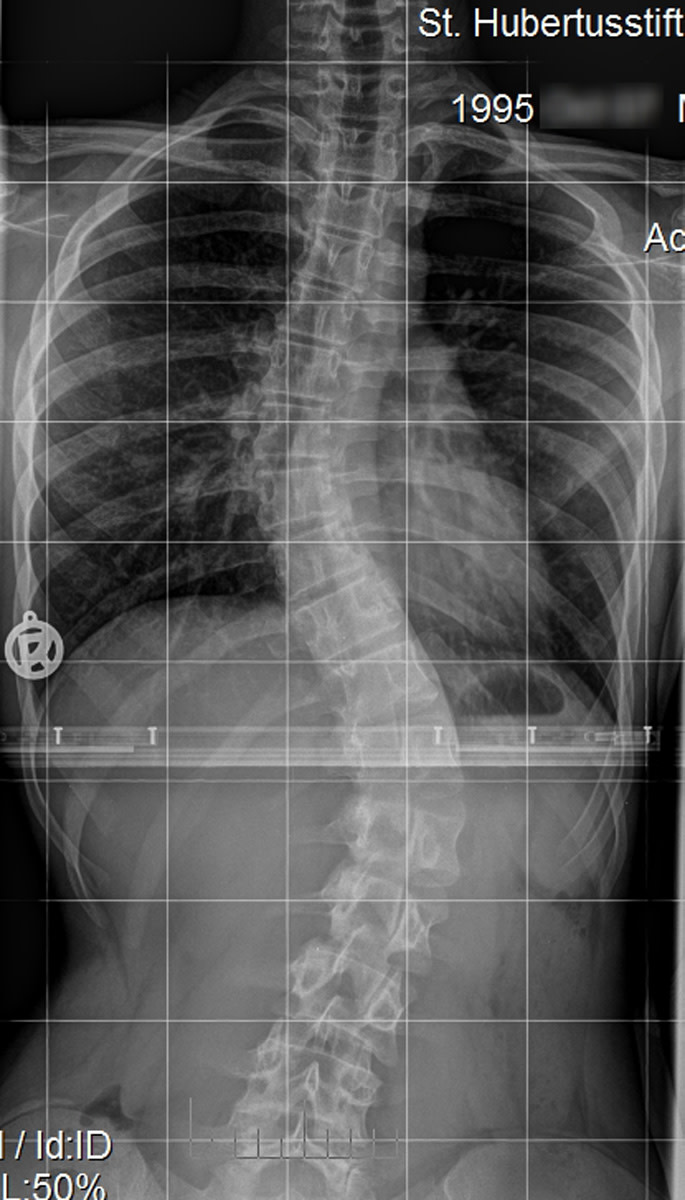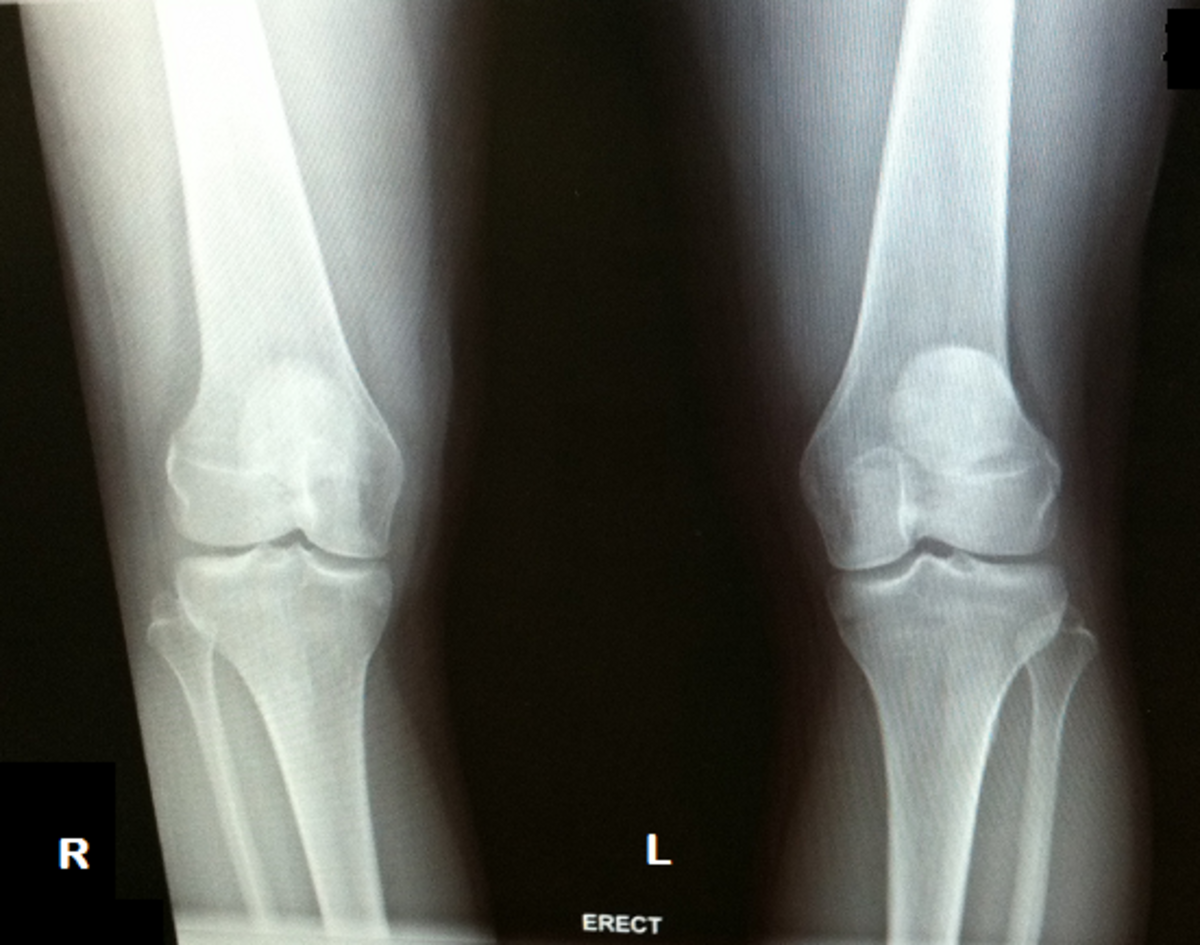Making Life Easier After Cervical Fusion Surgery
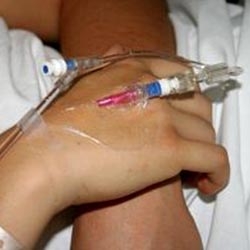
Learn how to make recovery easier
Cervical fusion surgery is performed to fuse vertebrae in the neck together after a herniated, ruptured, or otherwise damaged disk in the neck has been removed. The vertebrae are usually fused together with metal plates or bone grafts. This procedure can help many people with such neck injuries but recovery is a long and painful process which can severely limit a person's mobility and physical capacities.
However, there are a few things you can do to make the home of a person recovering from cervical fusion surgery friendlier to his or her post-surgical limitations.
DISCLAIMER:
The information on this page does not replace advice or treatment from a medical professional. For medical advice, please contact your health care provider.
Get Rid of Tripping Hazards
Since the person recovering from cervical fusion surgery will not be able to look down with his or her neck immobilized in a brace or cervical collar the entire floor of his or her living space must be made safe. Remove or tape down all rugs and electric cords or cables. Keep all hallways, staircases, and doorways free of any clutter.
Put Everything at or Below Eye Level
But not too far down!
People recovering from cervical fusion surgery really can't look up, nor should they try. Aftercare instructions also recommend that people who have undergone such procedures not bend below the waist or reach for anything over their heads during recovery. So all things in the recovering patient's home that he or she will need to get to should be placed no higher than eye level and no lower than he or she can comfortably reach without bending down.
Invest in a Grabber or Reacher
No matter how careful a person may be, he or she is still going to drop things. Since bending over to pick them up is a no-no (and also quite painful in most cases) it's a good idea to invest in a grabber device of some kind before the surgery. Grabbers or reachers can also be used to reach things above eye level which would otherwise require a person to reach over his or her head, which is another no-no for people recovering for cervical fusion surgery. After recovery, grabbers are still useful for reaching places an arm won't fit, things up high, and stuff you don't want to touch with your hands. It may be helpful to get one ahead of time and learn how to use it well.

Arrange for Post-Surgery Transportation
People going through cervical fusion surgery are unable to drive until cleared to do so by their doctors. While inconvenient, it makes a great deal of sense because people with immobilized necks cannot properly use their car mirrors to drive safely and they are often on strong pain medication. So transportation will need to be arranged for at least however long the doctor says the particular person will be wearing a brace or cervical collar. If the doctor refuses to be pinned down to a rough estimate of when that will be, figure on at least six weeks of recovery time and have plans in place to extend such transportation arrangements for a longer period of time.
Friends and family members can be brought on board to help with transportation. It's best to get their commitment prior ahead of time because it gives them time to rearrange their schedule or work within their availabilities. If do not have the support of friends and family, take the time to learn how to use public transportation in your area before you have the surgery. Purchase bus passes ahead of time because, frankly, you sure won't feel like doing it after your surgery and it will save you from having to fuss with change every time you use the bus.
Have Wet Wipes or Baby Wipes Handy
Many people are surprised at how clumsy wearing that brace or cervical collar makes them at first. They have to get used to moving and doing things differently from how they've done them all their lives. So it's a good idea to have plenty of wet wipes handy at mealtimes.
Many patients are not allowed to shower for at least a week and even after that showers are often restricted to an "at need" basis which is far less frequent than most people like. The effects of this can be minimized by frequently wiping oneself clean with wet wipes or baby wipes. Wet wipes or baby wipes are awesome in just about any situation that prevents regular showering.
Baby wipes are your friend. They aren't as good as a shower but they do help you feel fresher.
Think About Meals
Friends and family can help by making meals, picking up meals or groceries, or even by helping clean up after meal preparation and meals.
If no friend or family help is available, plan meals ahead of time or make arrangements for someone to help you prepare meals or to prepare meals for you. I'm pretty sure that there will come a point at some time during your recovery when you aren't going to feel up to making meals.
Take All Medications as Directed
Friends or family members can help by reminding the patient to take medications. If you are the patient, follow your doctor's instructions regarding all of your medications. It's easy to get confused when taking strong pain medications so using alarms and pill cases can help you keep track of what you've taken and when.
Here is something you need to know about pain - in most cases you can knock it down to bearable levels if you catch it soon enough but once you let it get up to unbearable levels it's a lot harder to manage. So take your pain medications exactly as directed by your doctor. Don't try to wait out the pain or take more or less than directed. If the medication doesn't provide enough pain relief or if it is overkill, contact your doctor for suggestions.

Get Some Slip On Shoes
When bending ability is limited, shoes and slippers can be a challenge to put on but with some shuffling and foot wiggling a person can put on slip-on shoes without bending.
Invest in a Toilet Riser
Getting on or off the toilet can be difficult during recovery for people who have had any kind of spinal surgery. A toilet riser makes getting on or off the toilet easier and more comfortable.

Quit Smoking or Help the Patient to Quit Smoking
Smoking and being exposed to secondhand smoke slows bone healing and people recovering from cervical fusion surgery want and need their vertebrae to heal as quickly and well as possible. If you are the one going through the surgery, do your best to quit smoking beforehand. Even if you reduce your smoking it should be of benefit.
If you aren't the one going through the procedure help your friend or family member to quit or reduce smoking before it occurs by being supportive in any way you can. However, it probably won't be helpful or appreciated if you serve as "the cigarette police" after the surgery and stress for the recovering patient should be minimized.
If you are a smoker who lives with or is often around someone about to have or recovering from spinal fusion quit smoking or at least never smoke around that person to avoid slowing down or otherwise disturbing the healing process.
Home Care Tips
- Home Recovery: Following Cervical Spine Surgery
Post operative information for patients provided by Coastal Neurological Institute. - How to Sleep After Cervical Neck Surgery
Brief practical instructions on how to sleep.

